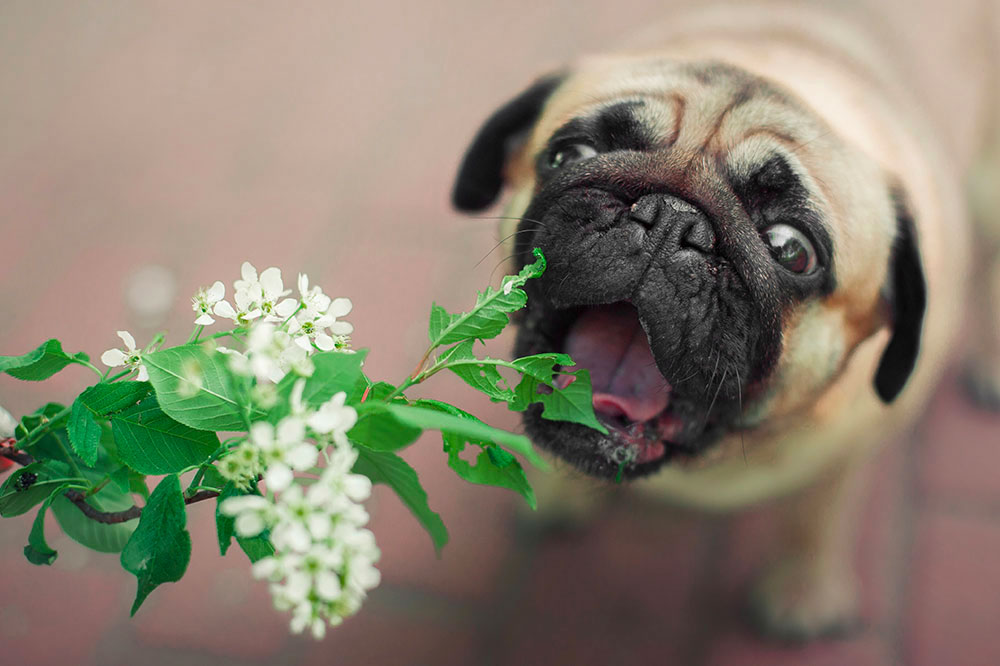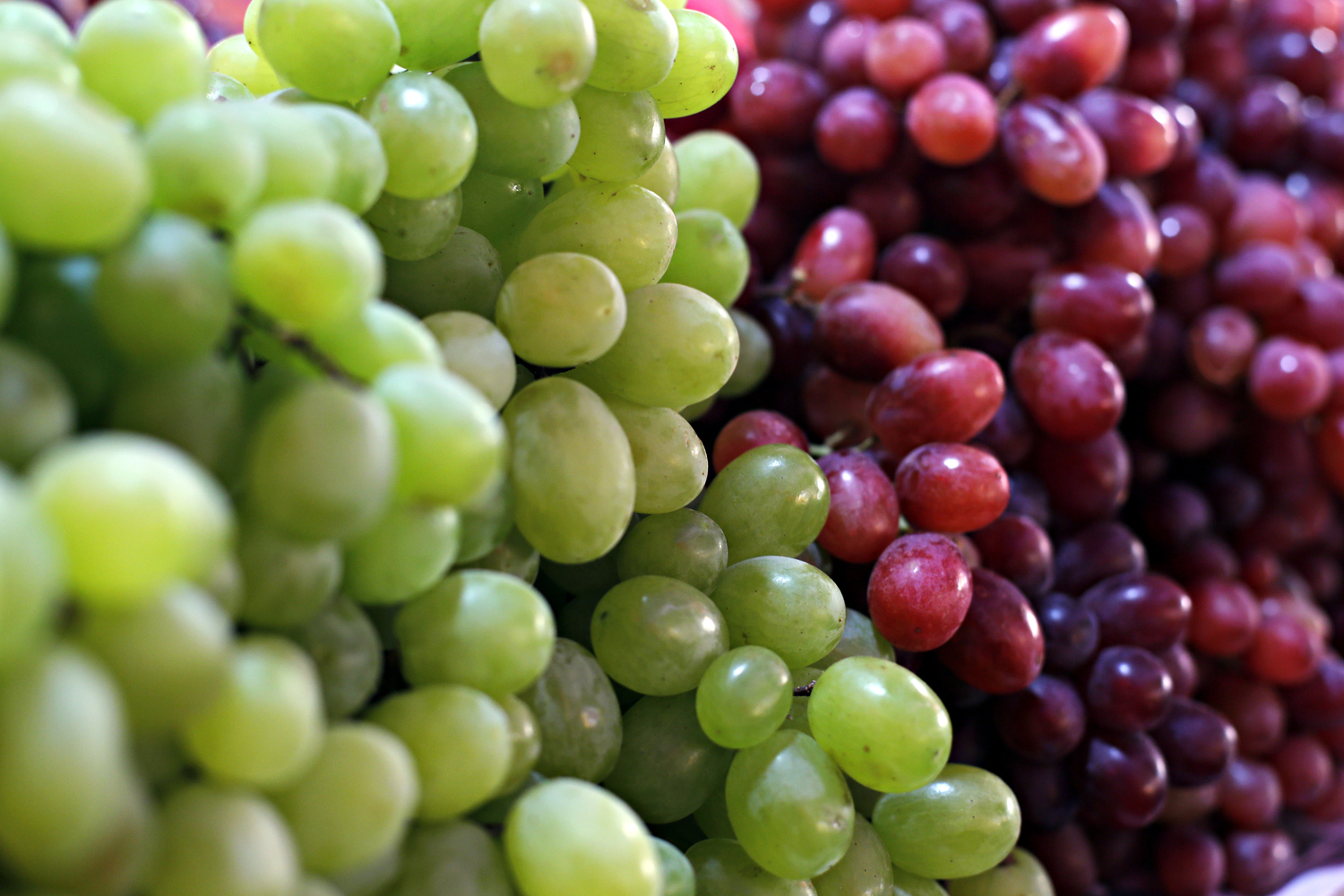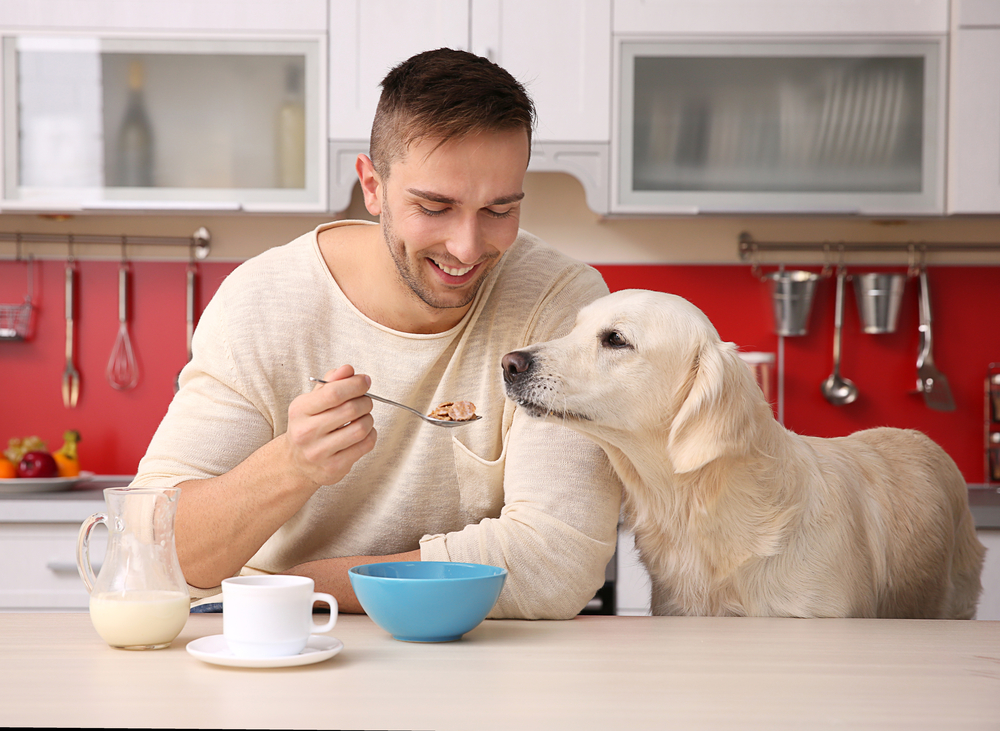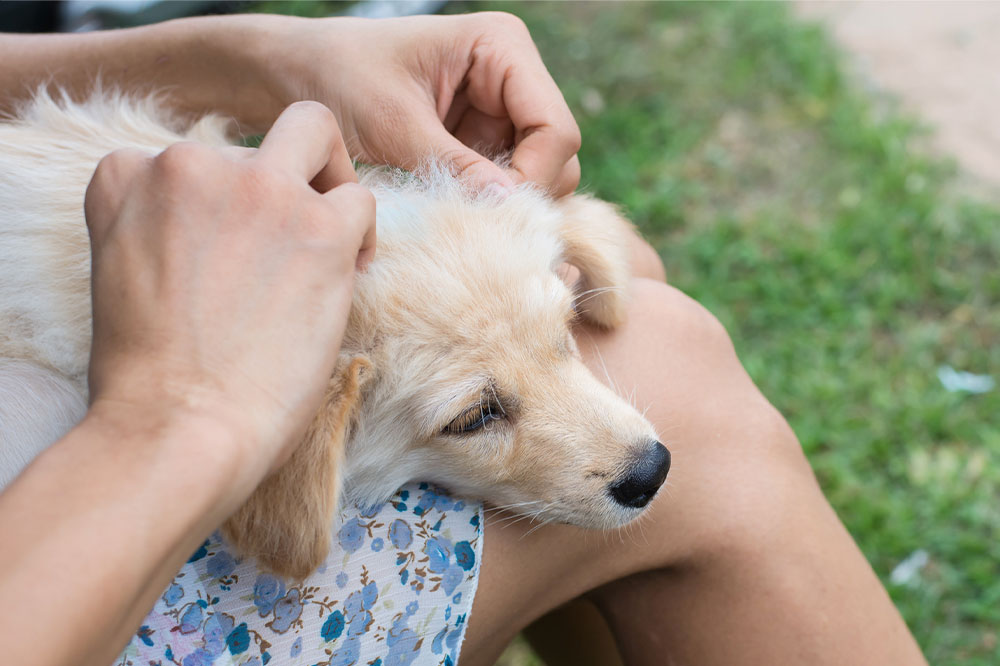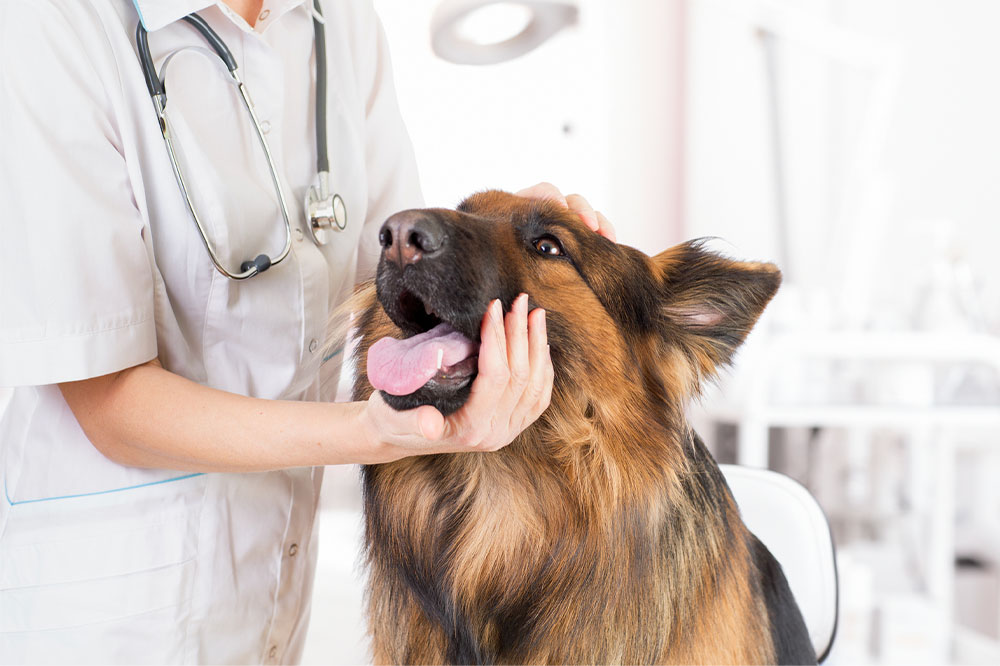Common Toxic Plants That Harm Dogs
Learn about common household and garden plants toxic to dogs. This guide highlights the dangers of sago palms, aloe vera, elephant’s ear, azaleas, ivy, and snake plants. Protect your furry friend by identifying and avoiding these hazardous plants, and seek veterinary care promptly if ingestion occurs. Keep your home and garden safe for pets with this essential information.
Sponsored
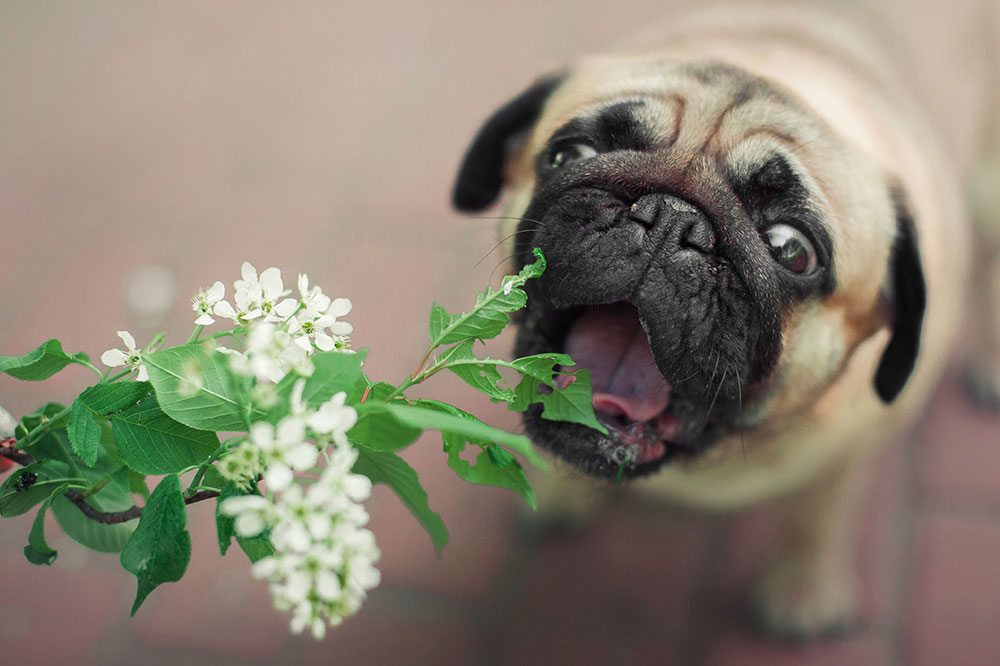
Dogs are naturally curious and tend to explore their surroundings with their noses. They often sniff, lick, or chew on plants, which can sometimes be dangerous. Certain popular houseplants and garden plants contain toxins that can lead to health issues such as vomiting, diarrhea, and more severe complications like liver damage. Pet owners should be aware of these plants to keep their furry friends safe. Below are some common plants that pose risks to dogs.
Sago Palm
This ornamental plant is widely used indoors in warm regions. All parts of the sago palm are toxic; ingestion can cause severe vomiting, diarrhea, abdominal pain, tremors, and seizures in dogs.
Aloe Vera
Commonly grown for its healing properties, aloe vera contains components hazardous to pets. Ingesting it may trigger lethargy, vomiting, stomach upset, and diarrhea.
Elephant’s Ear
This attractive plant thrives in warm climates but contains insoluble oxalate crystals that can cause mouth irritation, swelling, vomiting, and diarrhea in dogs.
Azaleas
All parts of azalea, including flowers, leaves, seeds, and nectar, are toxic. Consumption may result in hypersalivation, vomiting, diarrhea, muscle weakness, abnormal heart rhythms, low blood pressure, and in severe cases, death.
Ivy
Common varieties like English ivy and Golden Pothos are toxic. Ingesting these plants can lead to mouth irritation, drooling, vomiting, and diarrhea in dogs.
Snake Plant
Popular for its durability, the snake plant is poisonous to pets. Eating it may cause nausea, vomiting, and gastrointestinal upset.
If your dog consumes any of these plants, seek veterinary assistance immediately to ensure their safety.

